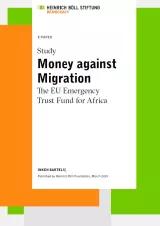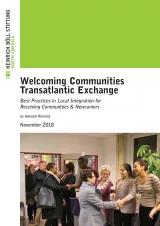Democracy, Unfinished
Articles
Show more articles about Democracy, Unfinished (59)
Publications
Show more publications about Democracy, Unfinished (23)
more pages about Democracy, Unfinished
© Heinrich-Böll-Stiftung e.V.
Schumannstraße 8
10117 Berlin
T +49 (30) 285 34-0
F +49 (30) 285 34-109
www.boell.de
info@boell.de

















